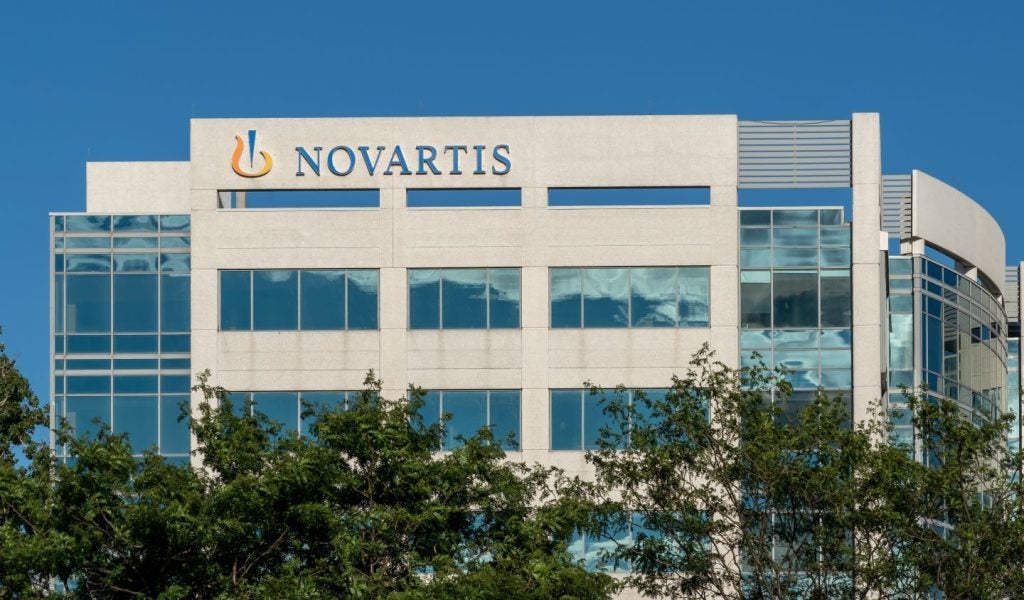US-based cardiology biotech Cardurion Pharmaceuticals has raised $260m in Series B financing to advance its drug pipeline.
The proceeds will fund the late-stage trials for two of the company’s lead candidates, CRD-750, a phosphodiesterase 9 (PDE9) inhibitor for heart failure; and CRD-4730, a calmodulin-dependent protein kinase II (CaMKII) inhibitor for treating catecholaminergic polymorphic ventricular tachycardia. Both therapies are being evaluated in Phase II trials.
The company also plans to use the fund to expand the number of indications being explored for the two candidates and acquire additional assets for treating cardiovascular disorders. The investors in the Series B round included Bain Capital, Ascenta Capital, and other US-based investment companies.
CRD-750 is being evaluated in two Phase II trials (NCT06215586 and NCT06215911) to treat two types of heart failure – heart failure with preserved ejection fraction (HFpEF) and reduced ejection fraction (HFrEF). Both placebo-controlled trials are currently recruiting patients across multiple locations in the US and Canada.
In May, the company presented positive data for another PDE9 inhibitor, CRD-740, in patients with heart failure. The CARDINAL-HF Phase IIa trial (NCT05409183) met its primary endpoint in patients with HFrEF by demonstrating a statistically significant median increase in plasma cyclic guanosine monophosphate (cGMP).
CRD-4730 is being evaluated in a Phase II trial (NCT06005428) as a treatment for catecholaminergic polymorphic ventricular tachycardia—a rare genetic arrhythmic disease. The company also plans to develop CaMKII inhibitors to target additional cardiovascular indications.
There has been an increased interest in developing novel cardiovascular therapies in recent months. In February, Novo Nordisk agreed to pay up to $1.46bn to license multiple molecular glue degraders for treating cardiometabolic disorders and rare diseases from Neomorph. As part of the agreement, Neomorph would bear discovery and preclinical research responsibilities while Novo Nordisk would have exclusive rights to further clinical development and commercialisation.
Another approach that has emerged as a promising treatment in the cardiovascular space is drugs targeting the glucagon-like peptide-1 (GLP-1) receptor. Last year, Novo Nordisk reported that its GLP-1 therapy Wegovy (semaglutide) reduced the incidence of cardiovascular events in obese and overweight patients by 20% compared to placebo.















